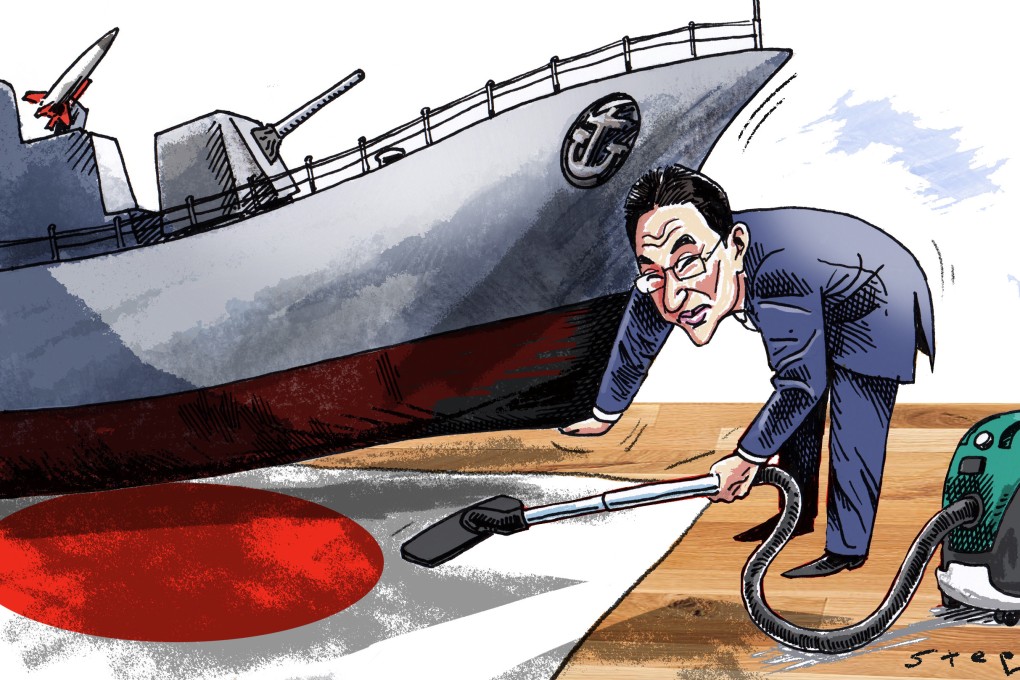Advertisement
Opinion | For Japan to be a regional security leader, it must first clean house
- As geopolitical tensions reshape Asia’s security architecture, Japan is angling for a greater role, with America’s blessing
- But first, it must settle its domestic issues, from resistance to militarisation, to the Unification Church political crisis and structural economic challenges
Reading Time:3 minutes
Why you can trust SCMP
4

Japan’s hosting of its first International Fleet Review in 20 years was supposed to send a potent signal to Asia that the country was ready to take up the mantle as a security force to be reckoned with in the region. With tensions amplified by Russia’s invasion of Ukraine, China’s ambitions for Taiwan and North Korea’s unpredictability, the region’s security architecture is due for a serious shake-up.
Indeed, Japan is set to increase its military capabilities, double its defence budget and ascend to a more important security role in the region. Japanese Prime Minister Fumio Kishida has said that Russia’s invasion had shaken the “foundations of the international order not only in Europe but also in Asia”, leaving the world at a crossroads.
Add to this North Korea’s surge of ballistic missile launches and China’s sabre-rattling, and it is evident that a new security role for Tokyo may be long overdue.
The fleet review was the first step towards Japan’s new ambitious goals, mustering 38 vessels, 18 of them from allied and friendly nations. Among them were not only Japan’s traditional allies, but notably also participants such as India, Singapore, Thailand and South Korea, highlighting that Seoul and Tokyo had chosen practical considerations over traditional, deep-running tensions.
While this signifies a growing desire, if born of necessity, to cooperate on security issues in an increasingly unstable international security environment, Beijing flatly refused to participate.
Tokyo’s posture marks a serious departure from pacificism, a pillar of its foreign policy since World War II. But the Ukraine war, which emboldened China and North Korea to act more aggressively, is also emboldening Tokyo to step out of Washington’s shadow in the Asia-Pacific.
Advertisement
